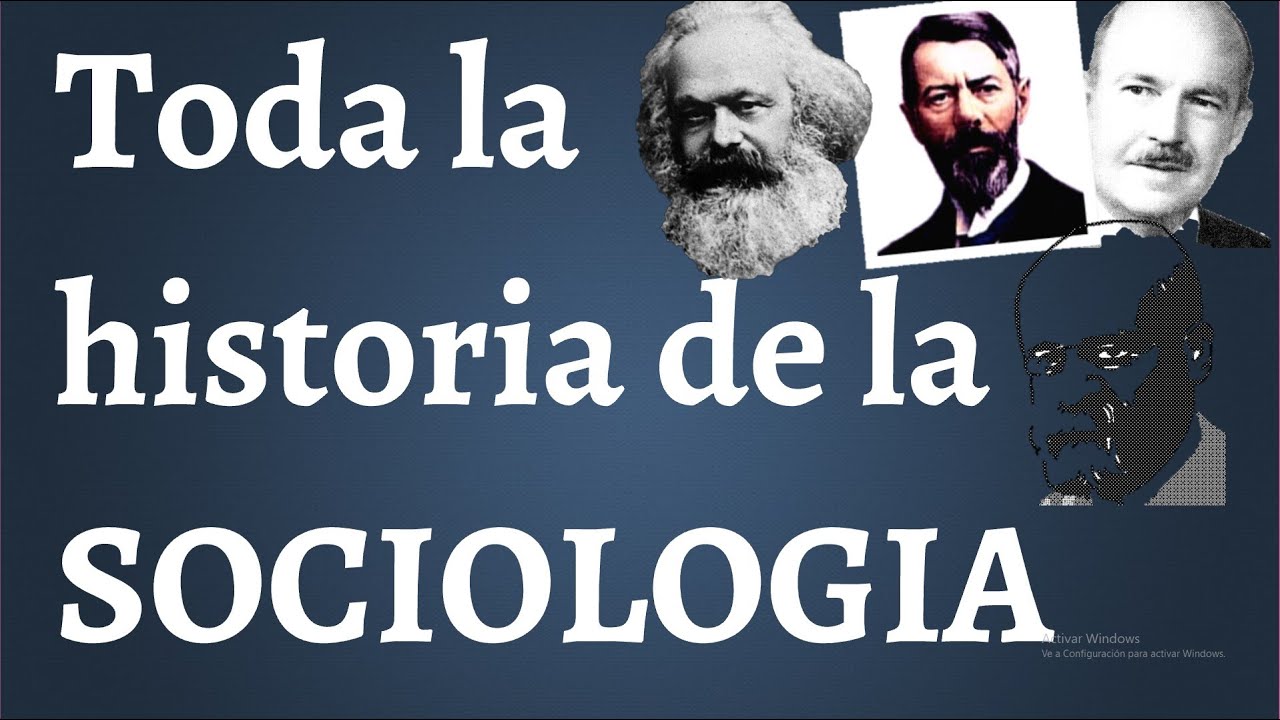Evolution of Management Theory/Classical Theory of Management/Malayalam
Summary
TLDRThis educational video delves into the evolution of management theories, exploring the classical, neo-classical, and modern schools of thought. It focuses on the historical development of management principles, beginning with the classical approach in the early 20th century, highlighting key figures such as Frederick Taylor and Max Weber. The video discusses scientific management, administrative theory, and bureaucratic management, emphasizing cost reduction, efficiency, and standardized rules in organizational practices. The content is designed to provide valuable insights for students studying business management, particularly for first-year B.Com students at Calicut University.
Takeaways
- 😀 The evolution of management theories focuses on how management as a discipline developed over time through various schools of thought.
- 😀 Classical Management Theory (1900–1930) emphasized efficiency, cost reduction, and maximizing productivity in organizations.
- 😀 Scientific Management, introduced by Frederick Winslow Taylor, advocates finding the 'one best way' to perform tasks to enhance productivity and efficiency in mass production.
- 😀 Administrative Management Theory, developed by Henri Fayol, focuses on the functions and roles of managers, emphasizing the importance of clear organizational structure and responsibilities.
- 😀 Bureaucratic Management Theory, founded by Max Weber, emphasizes formal structures, defined rules, responsibilities, and hierarchies to improve organizational efficiency.
- 😀 Classical Management theories do not focus on employee satisfaction or needs, but rather stress reducing costs and maximizing output.
- 😀 The Classical Management approach is often referred to as the 'Traditional School of Management' due to its focus on task efficiency rather than human needs.
- 😀 Scientific Management advocates for structured workflows, clear roles, and emphasizes continuous improvement through scientific methods.
- 😀 Administrative Management theory emphasizes managing people through clear divisions of labor, structured authority, and well-defined roles within an organization.
- 😀 Bureaucratic Management Theory aims to increase organizational efficiency through standardized procedures, clear hierarchical structures, and impersonal interactions within organizations.
- 😀 The progression from Classical to Neo-Classical and Modern Management theories shows how management thinking evolved from rigid structures to more flexible, human-centric approaches.
Q & A
What is the main focus of classical management theories?
-Classical management theories primarily focus on increasing organizational efficiency, reducing costs, and achieving results in the most efficient way possible. This was achieved through the optimization of tasks, standardization, and specialization.
Who is considered the founder of Scientific Management, and what was his main contribution?
-Frederick W. Taylor is considered the founder of Scientific Management. His main contribution was the idea of finding the 'one best way' to perform a task, emphasizing efficiency, task specialization, and the scientific study of work processes.
What are some of the key principles of Scientific Management?
-Key principles of Scientific Management include scientific selection and training of workers, division of labor, specialization of tasks, and a focus on standardizing work methods to increase productivity.
What did Henri Fayol's Administrative Management theory emphasize?
-Henri Fayol's Administrative Management theory emphasized the roles of managers and their functions within the organization. Fayol identified 14 principles of management, including division of labor, authority, discipline, unity of command, and centralization.
What is the central idea behind Max Weber's Bureaucratic Management theory?
-Max Weber's Bureaucratic Management theory focuses on structuring organizations with formal rules, regulations, and a clear hierarchy. The theory emphasizes the importance of defined roles and responsibilities to ensure efficiency and accountability within the organization.
How does Weber’s Bureaucratic Management approach impact organizational efficiency?
-Weber believed that clear, standardized rules and a well-defined hierarchy would help maximize the efficiency of an organization by ensuring that roles and responsibilities were understood by everyone, and tasks were carried out systematically and consistently.
What distinguishes Neo-Classical management theories from Classical theories?
-Neo-Classical management theories shift focus from task efficiency alone to human factors, such as employee motivation, needs, and satisfaction. It emphasizes the importance of social and psychological factors, recognizing the role of human relations in improving productivity.
What did the Hawthorne Studies contribute to management theory?
-The Hawthorne Studies contributed to the understanding of the human relations approach by showing that social factors, such as recognition and group dynamics, significantly impact worker productivity. It highlighted that employees are motivated by more than just monetary rewards.
How did modern management theories differ from earlier classical and neo-classical theories?
-Modern management theories, such as the quantitative approach, systems approach, and contingency approach, emphasize using data and analytical methods to make decisions. They also focus on adapting management strategies to fit specific situations, unlike the more rigid structures of classical theories.
What is the significance of the quantitative approach in modern management?
-The quantitative approach in modern management uses mathematical models, statistical techniques, and data analysis to make decisions, optimize processes, and improve overall organizational performance. It focuses on precision and data-driven decision-making.
Outlines

This section is available to paid users only. Please upgrade to access this part.
Upgrade NowMindmap

This section is available to paid users only. Please upgrade to access this part.
Upgrade NowKeywords

This section is available to paid users only. Please upgrade to access this part.
Upgrade NowHighlights

This section is available to paid users only. Please upgrade to access this part.
Upgrade NowTranscripts

This section is available to paid users only. Please upgrade to access this part.
Upgrade NowBrowse More Related Video

Unit 1 : Introduction l Part 1 l Management Principles and Application l Semester 1 l B Com Hons l

Toda la Historia de la SOCIOLOGIA

Sejarah Pemikiran Ekonomi: Aliran PraKlasik #1

Organization theory | 3 Types of Organization theory

Aliran - Aliran Dalam Pendidikan Klasik dan Gerakan Baru Dalam Pendidikan

PERKEMBANGAN TEORI MANAJEMEN #manajemen
5.0 / 5 (0 votes)